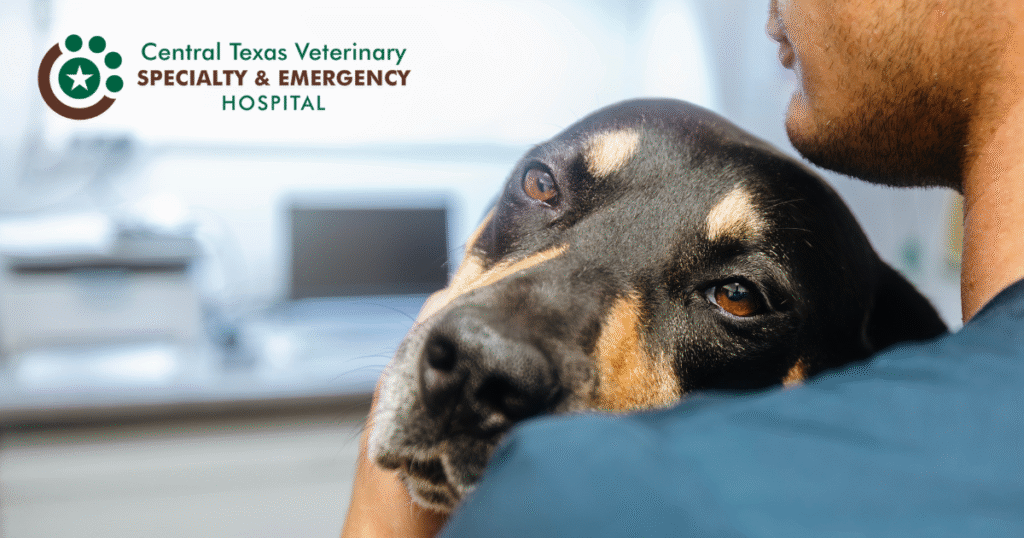Inflammatory Bowel Disease (IBD) is a chronic condition that affects both cats and dogs, leading to persistent gastrointestinal distress. This disorder occurs when the immune system mistakenly attacks the lining of the gastrointestinal tract, causing inflammation and disrupting normal digestion.
Symptoms of IBD in Pets
The symptoms of IBD can vary in severity and may include:
- Chronic vomiting
- Diarrhea
- Weight loss
- Loss of appetite
- Lethargy
- Abdominal discomfort
These signs can be intermittent or persistent, making early diagnosis crucial for effective management.
Causes and Risk Factors
While the exact cause of IBD remains unknown, several factors may contribute to its development, including:
- Genetics: Certain breeds, such as Siamese cats and Boxers, are more predisposed to the condition.
- Dietary Factors: Food allergies or intolerances may trigger an inflammatory response.
- Immune System Dysfunction: An abnormal immune response can lead to chronic inflammation.
- Microbial Imbalances: Disruptions in gut bacteria may play a role in disease progression.
Diagnosing IBD
Veterinarians diagnose IBD through a combination of clinical history, physical examination, and diagnostic tests, such as:
- Blood tests
- Fecal analysis
- Ultrasound imaging
- Endoscopy with biopsy (the most definitive method for diagnosis)
Treatment and Management
Although there is no cure for IBD, effective management strategies can help alleviate symptoms and improve quality of life. Treatment options include:
- Dietary Changes: A hypoallergenic or novel protein diet can reduce inflammation.
- Medications: Anti-inflammatory drugs, immunosuppressants, and probiotics may be prescribed.
- Nutritional Supplements: Omega-3 fatty acids and fiber can support gut health.
- Long-term Monitoring: Regular veterinary check-ups ensure treatment adjustments as needed.
When to Seek Veterinary Care
If your pet exhibits persistent gastrointestinal symptoms, consulting a veterinarian promptly is essential. Early intervention can effectively manage the condition and prevent complications.
IBD is a complex condition, but with proper medical care and dietary management, affected pets can enjoy happy and comfortable lives. If you suspect your pet has IBD, contact your veterinarian for personalized guidance and treatment options.

